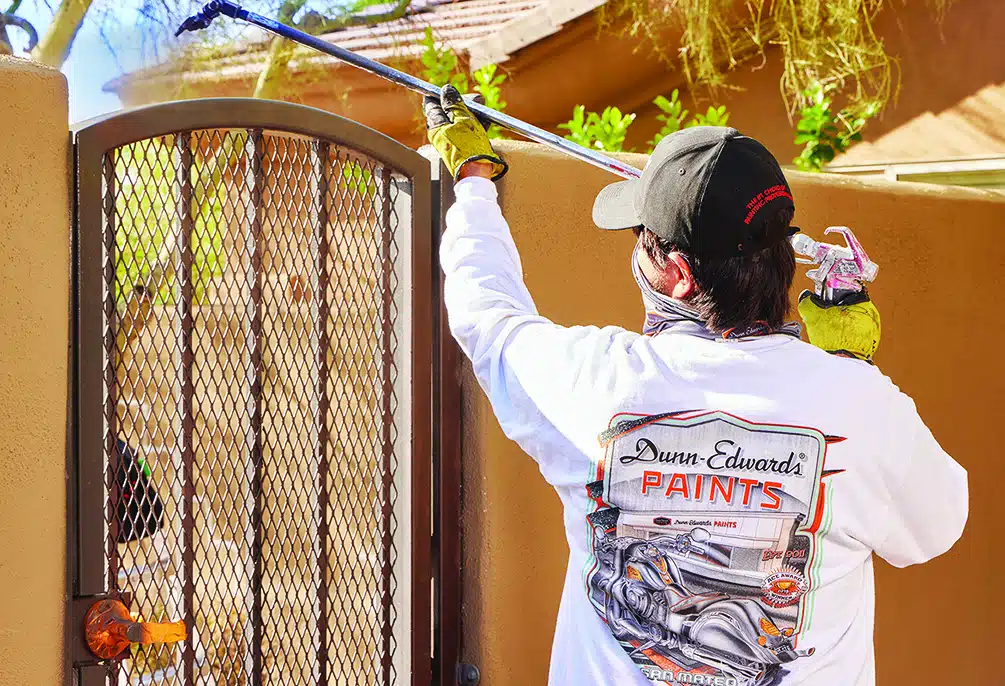Property Manager Rescue Kit
05/17/2022 | davidcamacho |
Stay charged and roll through the busy season with these tips
When you manage properties, it can feel like everything is an emergency, especially during the busy season. Turnovers, lawn care, noise complaints, staff vacations, everything seems to pile up at once! This can lead to a lot of stress—and being stretched to the point where your employees and your sanity suffer. But you don't have to just grin and bear it; take a look at these 3 tips for getting through the busy season and coming out ahead.
Tip 1: Lighten The Load
When you're busy, delegating can feel like too much work. After all, you have to explain what you need to someone else, and that takes time. But there is a limit to how much one human being can achieve, no matter how fast you're moving. Try a bite-sized approach: give trusted employees a little more responsibility and breathing room to make decisions, one small step at a time. As they prove they can handle it, make sure to recognize their efforts and gradually give them more responsibilities. This lessens the need to spend a lot of time explaining things up front, and it reduces the risk of putting your trust in the wrong hands. Trust-building also improves staff morale and loyalty.
Does your property need a refresh? Try delegating this project to a trusted employee. Dunn-Edwards can help with free color and product advice so more time is spent on the business of managing the property. A Dunn-Edwards Property Services Representative can even help you find licensed, professional painters, manage bids, provide color selection renderings and troubleshoot difficult painting issues. Learn more about all of the ways we can help make your job easier. Reach out to your Property Services Representative for help.
Tip 2: Prioritize Wellness
Property managers don't often think about wellness. It might seem like a touchy-feely subject, or you might associate self-care with being weak or self-indulgent. In fact, it's the opposite. If you don't take time to take care of yourself and recharge your own batteries, you'll eventually run out of physical and emotional energy, and unknowingly put more (often unreasonable) demands on others. Or another way to think of it is that just like that safety instruction they give on airplanes: you must first secure your own oxygen mask before assisting others. That's because you won't be able to help anyone else with their survival if you fail to achieve your own.
No matter how short on time you may be, make time to take care of yourself both physically and mentally. Think about what makes you feel good in a healthy way. It might be spending some time every week with family and friends, enjoying a sit down meal for dinner, or maybe just giving yourself a free day once a week to sleep in and relax with no agenda.
You can also prioritize wellness through some simple actions at work, like including more fruits and veggies in your lunch, drinking more water throughout the day, and taking a 15-minute walk outside during your break. All of these actions will help you feel better and perform better on the job. And make sure to get enough sleep each night—it can help you deal better with stress and it's essential for safety. Although you wouldn't think of showing up to work inebriated, that's exactly how the brain functions on too little sleep, according to one researcher.
For more tips you can use to take care of yourself and your employees, check out 15 Mental Health Tips to Help Leaders Cope Under Pressure from Fast Company. And who knows? Your new focus on wellness might even inspire you to spread the word to tenants—creating happier, more productive, less stressed communities. Providing handouts such as this Step-by-Step Guide to Wellness from SAMHSA in a communal area can help tenants feel cared for and appreciated, and it's a relatively easy thing to do. For more ideas on how to foster wellness in your tenant community, check out these 7 Ways to Promote Health and Wellness Amongst Your Tenants from Friedman Real Estate.
Tip 3: Get Comfortable With Saying No
Saying no is more comfortable for some than others. Many of us are taught that saying no is rude; and after all, isn't the client always right? Shouldn't we always say yes to them? While this tip certainly isn't a call for rudeness, it is a gentle nudge for you to examine your own boundaries.
Do you ever find yourself saying yes to things you don't want to do? Or do you find that you say yes to too many things, creating an impossible situation where someone is bound to be disappointed later? Are all of your yeses leading to excess stress and resentment? If so, you need to get cozier with the word no. At the end of the day, saying no ultimately builds trust with others, as they realize you'll be honest with them even when the answer isn't what they want to hear. In other words, saying no doesn't have to be a bridge-burner, you can use it to actually build stronger relationships with clients, tenants, and employees.
If saying no gives you anxiety, try using the sandwich rule. When you have to deliver bad news or say no and risk disappointing someone, sandwich it between two good statements. For example, the next time you have to tell someone no, try saying it like this: I would love to help out with that (good)! However, there are a few urgent issues I need to take care of, so I can't do it right now (bad) but I will have time to do it [realistic later date] or I can bring on someone else to it right away (good).
The peak season can bring forth many challenges, but with some conscious effort, you can make sure that the challenges bring out the best in you. Take this opportunity to grow into becoming a better manager, set healthier limits, and balance priorities for a more fulfilling life.
















